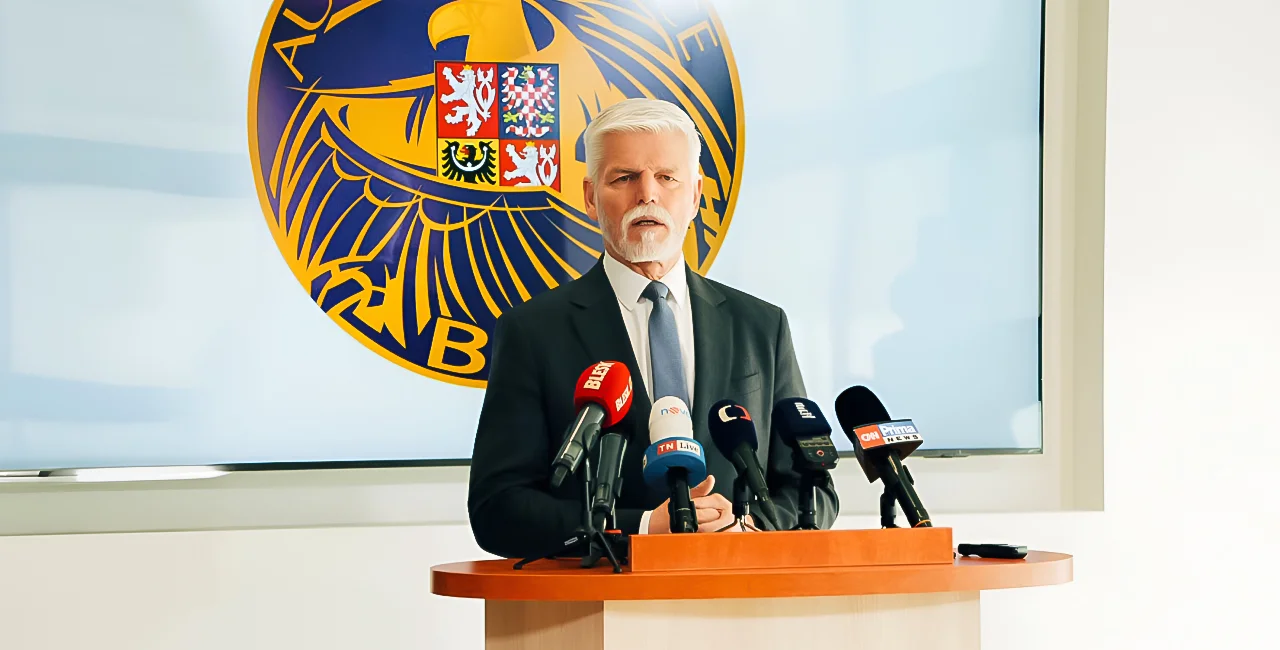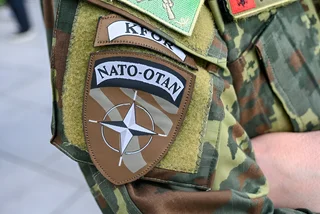On Tuesday, Czechia’s Security Information Service (BIS) told reporters that the country faces its most serious security threat since World War II. In a press briefing following a meeting with President Petr Pavel at the counterintelligence headquarters in Prague, BIS director Michal Koudelka emphasized the importance of preparedness in confronting current risks.
Attacks could occur in Czechia
Koudelka highlighted the looming dangers posed by global conflicts, stating: “What Russian soldiers are doing in Ukraine or Palestinian terrorists in Israel, they would also do here without mercy.” Koudelka also noted that it would be a mistake to consider the conflicts in Ukraine or Gaza “as something that concerns us only marginally, or at all.”
“The aggressive Russian Federation is a great threat to the democratic countries of Europe, including the Czech Republic,” he said.
Pavel echoed Koudelka’s concerns. “We would certainly not describe the current security situation as problem-free, and the outlook for the future is not at all optimistic,” Pavel remarked. He emphasized the indispensable role of secret services in safeguarding national security.
Foreign Minister Jan Lipavský echoed Koudelka’s sentiments, affirming: “The Czech Republic is not safe.” He stressed the government’s commitment to protecting the security of Czech citizens and Europe.
Russia the main threat
In its 2022 annual report, released in October last year, the BIS declared that Russia was the most significant security risk to Czechia, followed by China. “There is an increasing risk of conducting hostile activities using non-diplomatic cover. However, maintaining and developing personal contacts with collaborators has become more difficult for Russian intelligence services in many European countries,” the BIS report said.
The BIS praised the expulsion of Russian diplomats from Czechia and encouraged the further reduction of “excessive Russian diplomatic presence.”
Pavel’s visit to the BIS headquarters marks a significant milestone, symbolizing a return to normalized relations between the presidency and counterintelligence. Pavel is the first president in 26 years to arrive at the BIS headquarters (ex-President Václav Havel visited in 1998). Pavel’s predecessor, Miloš Zeman – who historically had a warmer relationship with China and Russia – had been highly critical of the BIS’s operations.













 Reading time: 2 minutes
Reading time: 2 minutes 





























